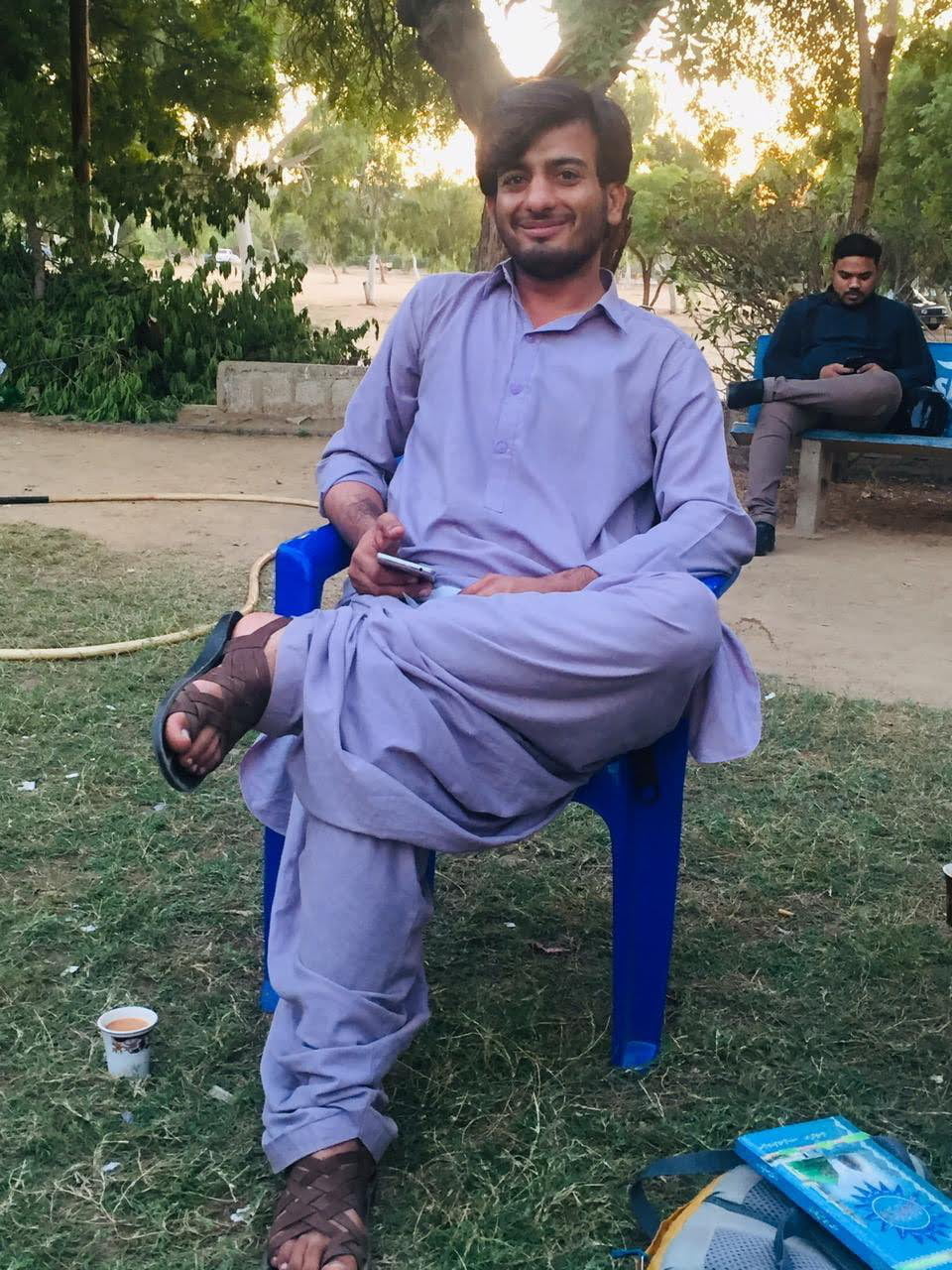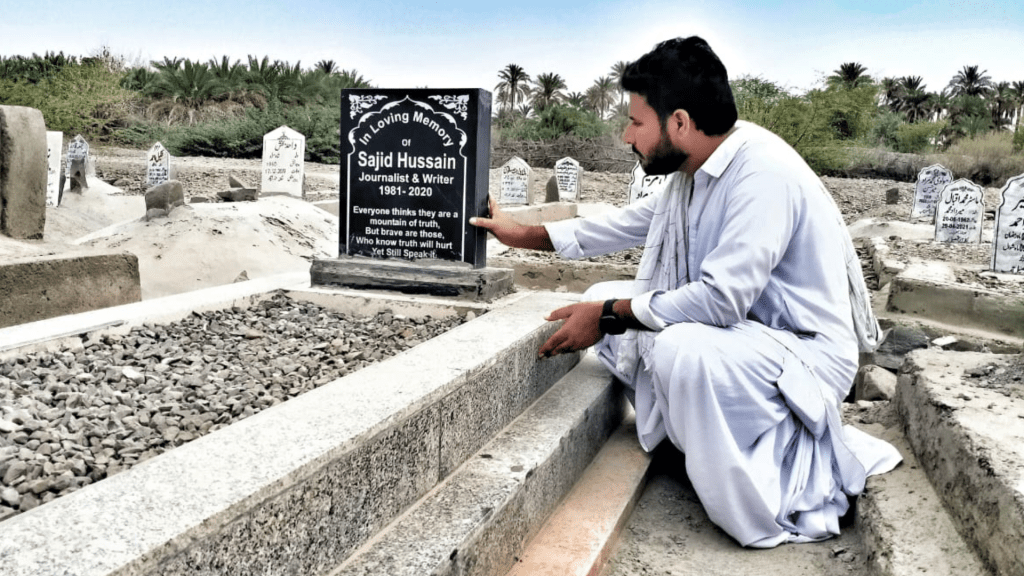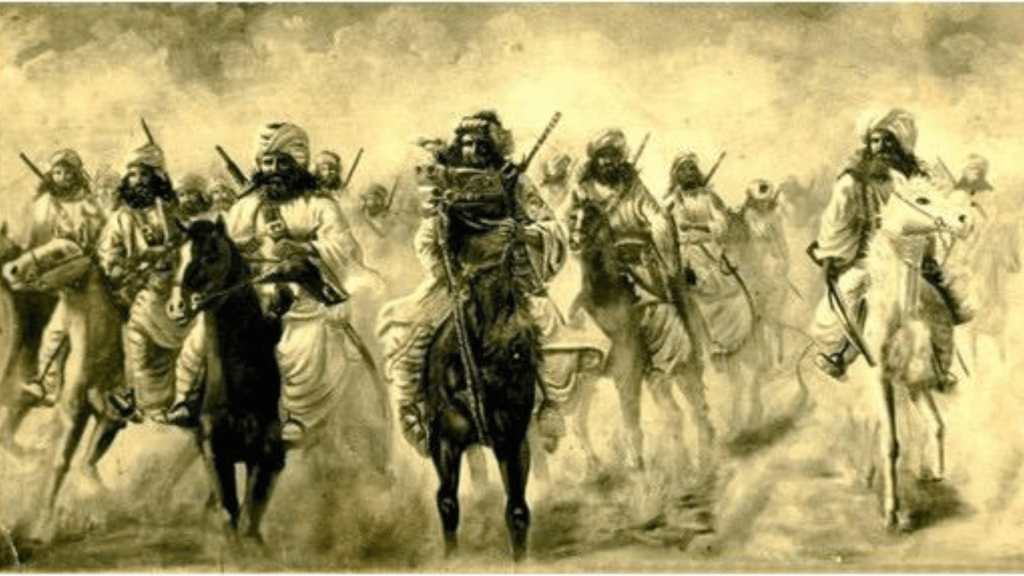The Coronavirus pandemic has changed the world forever with some governments even contemplating providing universal health care and living wages to all citizens. But what has not changed is the systematic violence by the Pakistani state against unarmed Baloch civilians. Abductions, torture and summary executions by the security forces are the order of the day despite these testing times. But the killing of Hayat Baloch is more shocking than usual on many levels. The sheer cruelty of this act of unwarranted violence has jolted the soul of Baloch people.
Young people like Hayat represent hope for the future. While living under the dark clouds of the tyranny of Pakistani generals for the last seven decades, the only consolation has been this hope for a better future. The army has robbed us of that by killing this young man — bright, educated and full of life. And the irony is the architects of this systematic violence are busy trying to portray this barbaric act as an isolated incident. It is not only unjust to Hayat’s memory but also of those thousands of others who have been abducted, tortured and killed by the same forces.
The heart-shattering pictures of Hayat’s helpless parents crying beside his bullet-riddled body tell the story of Balochistan. The hopelessness in their eyes embodies the collective plight of a people denied the right to live. Hayat’s father is a poor man who rents date farms to feed the family. The abject poverty in Balochistan is a result of the state’s unjust policies and decades of exploitation. It is so severe that it’s often visible from the faces of the Baloch people, including Hayat’s parents. Just staying alive is a challenge. Even though we are sitting on gold mines, we cannot feed our kids a decent meal. But this didn’t stop Hayat from dreaming and pursuing a degree in Physiology. This fact aggregates the tragedy and the misfortune of his parents and the rest of the community.
The paramilitary Frontier Corps (FC) has a license to abduct, torture and kill and they use it, not sparingly, against us for simply demanding the fundamental human right of living with dignity in our ancestral land. The state sees demands for socio-economic and cultural rights as a sign of rebellion against the ‘ideology of Pakistan’, which is based on a lie that nations living in the country never had distinct history, language and cultural identities of their own. Those who are different in any way to the majority ethnic group are considered a threat and despised — this is the sole reason why today we are witnessing the shrinking of space for religious and ethnic minorities in the country. The state is systematically pursuing a policy of marginalization of smaller nations like the Baloch, who aspire to keep their cultural heritage and demand socio-economic and political rights.
This recent episode of violence is part of the policy masterminded by the top brass of the army in Rawalpindi. They employ a multi-pronged strategy of violence against the Baloch in general and the intelligentsia and educated class in particular. In their quest to break the will of the Baloch, they hire religious zealots like Shafeeq Mengal who run death squads in Balochistan that abduct, torture and kill without any questions asked. Mengal has killed hundreds of Baloch political workers, the mass grave of Tootak is proof of that. Thousands are still missing, they might be buried in unnamed graves or suffering in the army torture cells.
Some intelligence agencies-backed politicians in Balochistan’s provincial government called Hayat’s murder an isolated incident and tried to present the arrest of the FC sepoy as an act of justice. The question is, what about the thousands of Baloch students, doctors and political activists who were killed by the FC and its proxies? When will their killers be brought to justice? Hayat’s murder is no individual error, it is part of a strategy by a mighty army that is answerable to no one. It has been killing the Baloch for twenty years now. It has been proven beyond a shadow of a doubt that dissent in Balochistan is simply met with the most brutal forms of punishment.
These politicians and their military masters can no longer hide behind twisted statements, the violence is part of the state-sponsored harassment policy. To brush it off or portray it as a mistake of a single soldier is not only unjust but also a mockery of justice.
Hayat Baloch’s killing is the result of a structural problem. The Pakistani state is structured in such a way that it views every Baloch as an enemy and all those refuse to be reduced to just servility and demand equal rights are considered fair targets. To expect justice from a country that has allowed its law enforcement agencies to kill thousands of Baloch activists is madness.
However, we still have to speak out. We might not get justice for Hayat and others like him, but we can call a spade a spade. We owe it to all those who were killed and those who are still languishing in torture cells, and those thrown in the pit in Tootak by Shafeeq Mengal. We have to call out all those who collaborate with the agencies for they are equally responsible for the violence. The killer of Hayat Baloch is not the FC soldier who fired those shots but the civil and military bureaucracies and their local enablers.
A sad reality is that we are so helpless that those that kill us also come to our homes to express condolences. The general of the same FC that murdered Hayat went to his home for a photo session. It’s like rubbing salt to the wounds. We don’t need our killers’ shoulder to grieve on. But they will keep coming as they will in likelihood keep killing the Baloch people. Unfortunately, Baloch fathers have to face the murderers of their sons and daughters while in mourning, which is the real irony of the situation in Balochistan.
Sameer Mehrab is a writer and co-founder of Balochistan Times. He often depicts Balochistan's socio-political dilemmas in his fiction and poetry. He is based in Canada.



